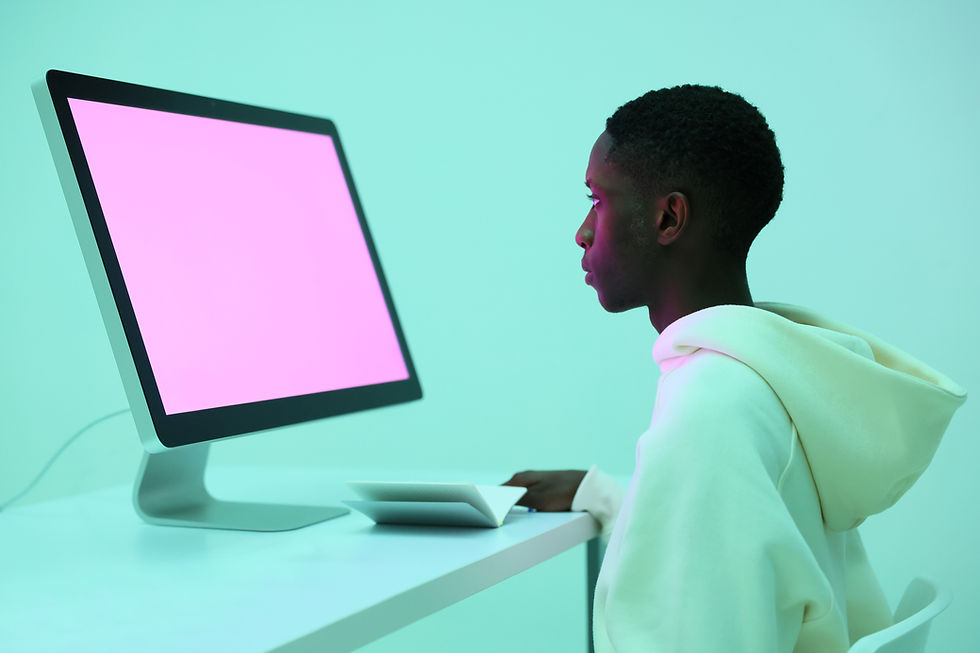Human-AI Collaboration in Recruitment
- Fabien Le Pichon

- Apr 28, 2024
- 3 min read
Everyone has been talking about AI recently as its application can and will have a massive impact on our jobs, our economy and our daily life. We won’t be trying here to discuss its potential implication on society as a whole but how we can already leverage AI in our recruitment efforts, whether we are in-house, agency or freelance recruiters.
In 2024, AI is everywhere and has become the must-have buzzword for every product or service. We have seen a surge of similar new features in our tech stack, including our HR Software and other ATS.

As a tool, AI needs to be embraced as it can help you be more efficient, save you time and help you approach different problems.
Do you remember when, as a junior recruiter, you learned about X-ray Sourcing and discovered that your search engine can be used for more than reaching the website you couldn’t be bothered to bookmark? The parallel with AI is the same with the exception that you’ll be able to do much more with a good handle of the latest AI tools. Mastering it can unlock new potential for yourself and will allow you to stop paying for simple ChatGPT API calls.
Recruitment is a number game, such as sales, we have to look at our funnel and our conversion rates. We want more, better candidates, going through better and quicker hiring processes, to always hire better candidates in the shorter time possible. Luckily for us, AI is quite versatile and can be of tremendous help on all of those items.
But how exactly does this partnership work in practice?
It begins with recognising that AI excels at tasks that are time-consuming and repetitive for humans. By automating the initial stages of the recruitment process, such as resume screening and preliminary candidate assessment, AI tools integrated to ATS helps recruiters rank applications and screen through the best applications first. AI can also automatically reject candidates that are not fitted for the role they applied for while linking profiles to more relevant roles.
Saved time then allows recruiters to dedicate more time to the nuanced aspects of their role. This includes fostering deeper connections with candidates, understanding their aspirations and cultural fit, and crafting personalised recruitment strategies.
Even there, AI can be a powerful ally, analysing dashboards and vast datasets better and faster than any human could. This way, AI could help you find holes in your approach, hinting at low conversion rates at each stage of your various processes and provide a solution to improve the performances of your hiring processes. Usually, those can be solved through more communication with your hiring partners, helping you foster better relationships with the line managers as you help them save time and hire better candidates faster.
Ultimately, the synergy between human recruiters and AI doesn't diminish the importance of human judgment; instead, it amplifies it. Recruiters can leverage AI to handle the groundwork, freeing them to apply their expertise where it matters most—building relationships, negotiating offers, and ensuring a perfect match between candidates and companies. In this light, AI is not a replacement but a powerful ally in the recruitment process.
As we move forward, the integration of AI into recruitment practices promises not only to enhance operational efficiency but also to elevate the human aspects of hiring. It's an exciting time for recruiters (for anyone really) to explore this frontier, blending technology and human insight to achieve unprecedented outcomes in talent acquisition. The future of recruitment is not just about embracing AI but mastering the art of collaboration between human intuition and artificial intelligence.




Comments